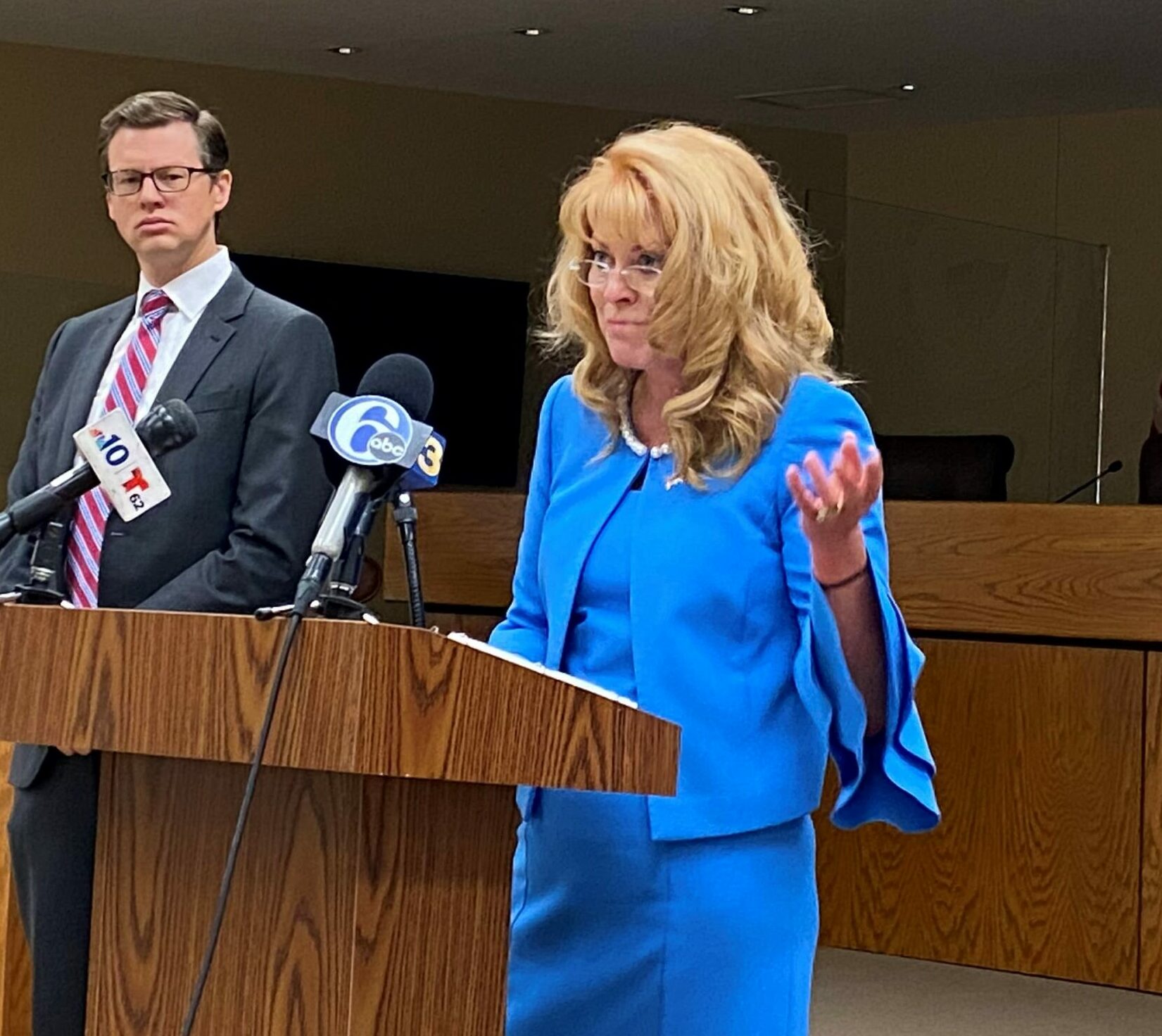A Pew Charitable Trust study released earlier this month features the eye-popping headline “Pennsylvania’s Looming $17.8 Billion Fiscal Shortfall.”
It finds as many as 2 million private-sector workers in the commonwealth don’t have access to a workplace retirement plan. As a result, many aren’t saving enough for their golden years. That “could lead to $14.6 billion in increased state spending and $3.3 billion in lost state tax revenue” over the next decade or so, the study warns.
“Pennsylvania’s population aged 65 and over is projected to grow from 2.49 million in 2020 to 3.04 million in 2035, and the number of the state’s vulnerable older households—those 65 and older with less than $75,000 in annual income—is expected to increase by 17 percent during that time,” Pew reports. “That could mean bigger costs for state welfare programs.”
While the number of elderly Pennsylvanians will rise between now and 2035, the number without a big enough retirement nest egg will also grow unless people can be persuaded to save more, according to the study.
Pennsylvania State Treasurer Stacy Garrity says the challenge of paying for state services for the elderly has been papered over with one-time COVID aid from Washington, D.C. But as the retirement savings deficit builds over the next few years, “We will reach a fiscal cliff. It is common sense that we should prepare for it now,” Garrity added.
Meanwhile, says John Scott, director of Pew’s Retirement Savings Project, the percentage of households relying on retirement income is growing faster than working households. In 2020, there were 43 households age 65 and older for every 100 ages 20-64, Scott reports. By 2035, that number will grow to 56 households age 65 and older for every 100 working-age households—a 29 percent increase—meaning that there will be fewer taxpaying households ages 20-64 to support a growing elderly population.
“The tax base of the working households to elderly households is not growing as quickly. So this will place more stress on taxpayers,” Scott says. He says vulnerable elderly households in the commonwealth are those with annual incomes of less than $75,000. The average retiree will fall short of that annual number by about $8,000 by 2035. Scott says that means many retirees without adequate retirement nest eggs will need a higher level of financial support from the government.
The state, Scott adds, should try to ensure that more people headed for retirement are saving enough to live comfortably. To prevent that he believes systematic savings plans should be widely available.
Garrity says workers are “15 times more likely to save for retirement” when there is a workplace payroll deduction retirement plan option. Not saving enough for retirement, will “have a huge impact on their personal lives and on the government of the state of Pennsylvania,” Garrity said at a news conference discussing the Pew study.
How did we reach this point?
“The problem of undersaving in Pennsylvania is 44 percent of our private sector workforce doesn’t have access to a workplace retirement savings plan. That’s a huge number,” says Garrity.
“These savings shortfalls,” according to the study, “could lead to increased pressure on public assistance programs, reduced tax revenue, and decreased household spending by retirees while shifting the growing fiscal burden to a shrinking population of working-age taxpayers.”
The problem of retirement undersaving is a national one, Scott notes. About one in three private industry workers in the United States lack access to retirement programs through their employers. One in three workers in Pennsylvania has the same problem. However, “increased savings could effectively address this debt,” Scott says.
Financial planners say the most effective way to accumulate enough for retirement or any long-term goal is a program of regular investments compounded over long periods. The longer one invests, they say, the more likely one is to enjoy one or more bull markets.
Garrity argues Keystone Saves, a measure proposed in the last legislative session in Harrisburg, would reduce the problem. Keystone Saves is a state-sponsored retirement plan that would fund retirement plans through payroll deductions. Garrity’s office estimates that, if a program such as Keystone Saves were adopted, the state’s fiscal burden “could be avoided entirely if eligible households contribute about $100 a month. Some employers now don’t offer retirement plans because start-up or maintenance costs are too much for them.”
A Keystone Saves plan was considered in the last legislative session but didn’t pass.
A Garrity spokeswoman says she expects the bill will be reintroduced this session. She thinks the measure will have bipartisan support and the governor will likely support it.
A spokesman for Gov. Josh Shapiro didn’t respond to inquiries from DVJournal.
Please follow DVJournal on social media: Twitter@DVJournal or Facebook.com/DelawareValleyJournal

